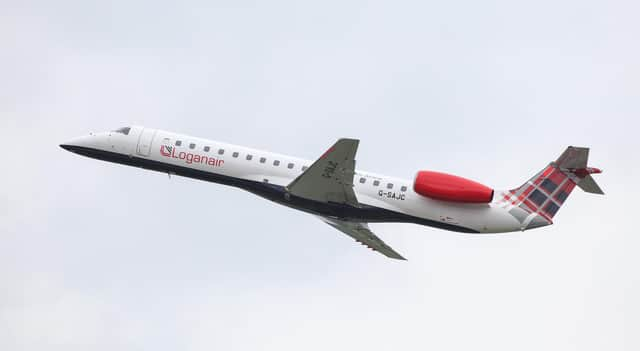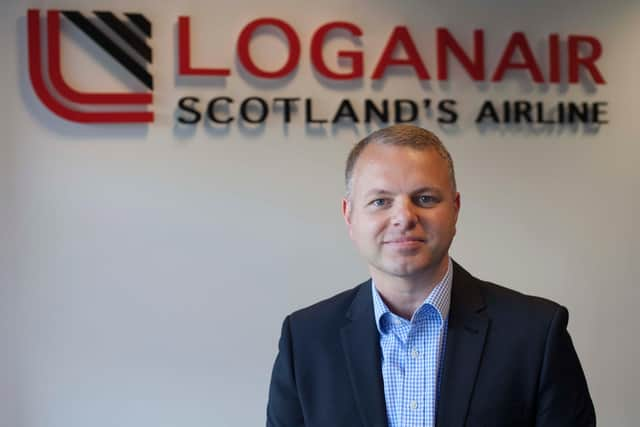Will aviation confirm its status as a ‘nasty, rotten business’ in Scotland’s Covid recovery? - Alastair Dalton


That’s because as lockdown restrictions are eased in Scotland, the indications are that foreign travel will remain off limits for some time.
For airlines which have flown hardly anyone anywhere for months, the domestic UK market is likely to become the immediate focus.
Advertisement
Hide AdAdvertisement
Hide AdScotland could find itself at the heart of that limited aviation revival, both bringing staycationers from other parts of the UK and taking Scots on holiday to England, Wales and Northern Ireland.


Such may be the keenness of airlines to make whatever money they can with international travel on hold, existing and possible new Scottish routes will be of particular interest.
It’s already started happening – and I just wonder if it could develop into something of a domestic dogfight.
Last week, Easyjet, whose 150 to 230-seat planes normally operate between pairs of cities, announced it would be flying them between Glasgow and the Cornish town of Newquay from June.
Loganair, which brands itself as Scotland’s airline, had planned to take over the route from Flybe, which collapsed just before the pandemic, using similar sized aircraft as its predecessor that have half the number of seats as Easyjet’s.
But its bigger rival’s decision to fly just twice a week and only over the “peak summer season” prompted Loganair to ditch more frequent year-round services.
This might mean cheaper fares for the summer holidaymaker but no direct service for those travelling at other times of the year.
Easyjet has said it will also operate in a similar pattern between Inverness and Belfast International – which is outside the city – against Loganair’s flights to Belfast City.
Advertisement
Hide AdAdvertisement
Hide AdThis time, Loganair has vowed to take on the competition when its year-round flights resume in April following the coronavirus lockdown.
Cynics might call it cherry picking, others that it’s just testing the market.
But one consultant told me it is too early to know how either leisure or business travel will recover from the pandemic.
However, Loganair is up for a fight – and it’s been here before.
Four years ago, it flew solo on Highlands and Islands routes after a bust up with partner Flybe, only for the latter to team up with Eastern Airways to launch short-lived rival flights on the busiest routes.
Since then, Loganair has taken advantage of Flybe’s demise to take over a number of its UK routes.
I remember landing in Southampton in October to find more of its tartan tailfins than any other aircraft.
Chief executive Jonathan Hinkles told an Aviation Club webinar in Wednesday he planned to “mould together the former Flybe routes which are now firm fixtures of Loganair’s network to shape a sustainable, defensible post-Covid business”.
Advertisement
Hide AdAdvertisement
Hide AdAnd in a reference to the likes of Easyjet, he predicted a rapid cut in the number of larger aircraft on UK routes because “they simply won’t be able to do this at the frequency levels needed to sustain the markets”.
Mr Hinkles described his battle against Flybe as proving ex-American Airlines chairman Bob Crandall’s view that aviation is a “nasty, rotten business”.
Will that be borne out again as we emerge from Covid?
A message from the Editor:
Thank you for reading this article.
We're more reliant on your support than ever as the shift in consumer habits brought about by coronavirus impacts our advertisers.
If you haven't already, please consider supporting our trusted, fact-checked journalism by taking out a digital subscription.
Comments
Want to join the conversation? Please or to comment on this article.